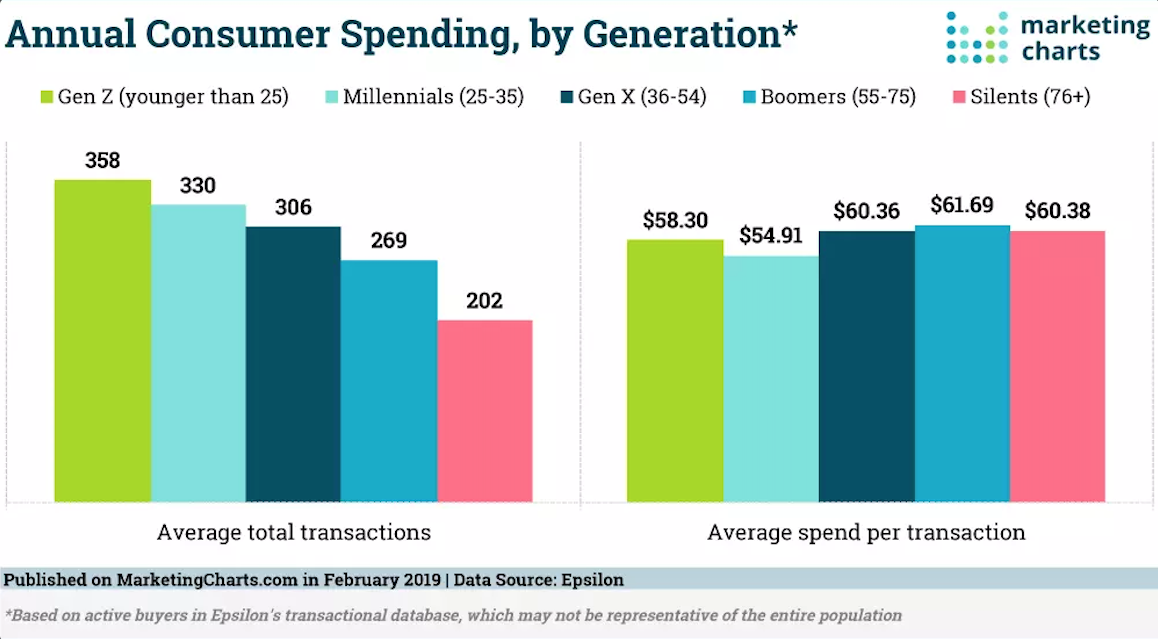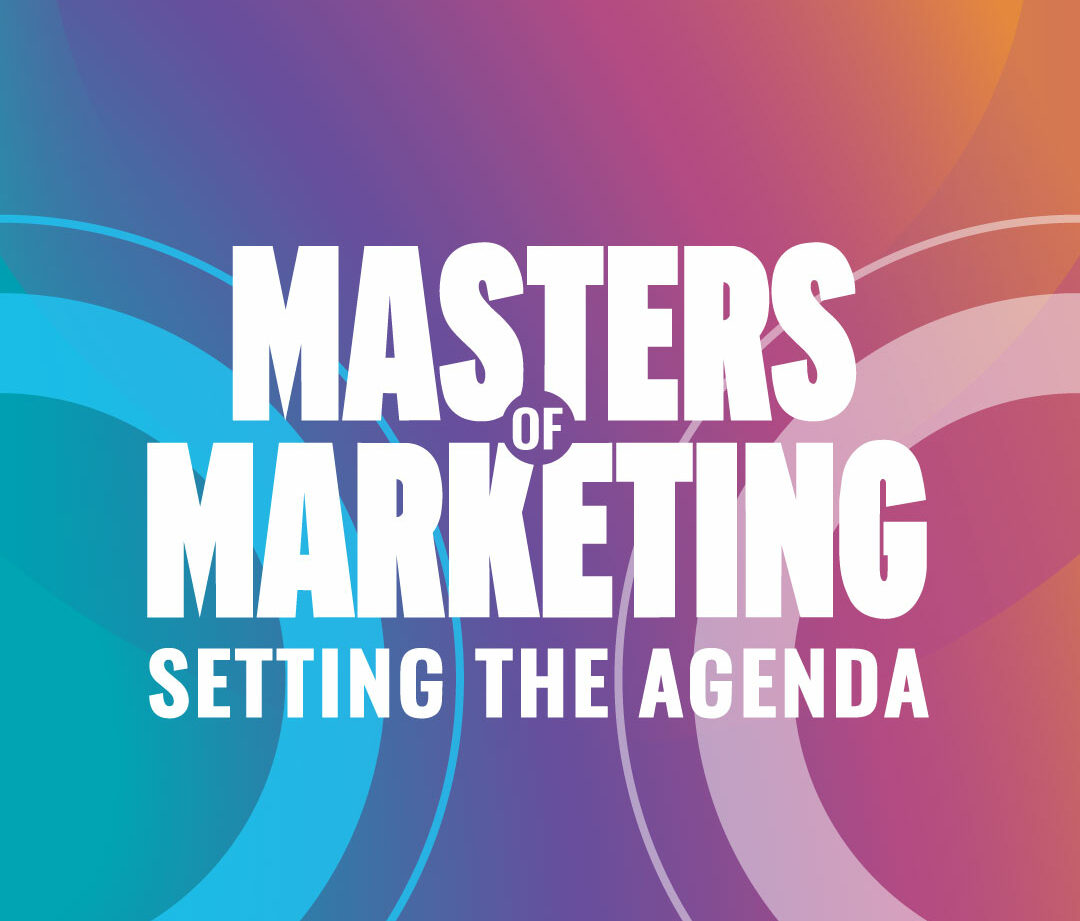Based on the interest in this topic, here are additional insights on how Gen Z views money and how that impacts your marketing:
A Quick Primer on Gen Z
Pew Research defines members of Gen Z as anyone born between 1997 and 2012; in 2020, Gen Z ranges from ages 8 to 23. Despite the young age, Gen Z has quite the spending power, estimated at $44 billion a year. While they are young by most standards, and many get money from their parents, don’t mistake a lack of age for lack of wisdom. Gen Z understands the value of money because many of them came of age during the Great Recession and learned about spending as many families struggled to regain lost income and practiced more frugal spending.
As such, Gen Z wants to keep personal debt low while career and business ownership aspirations remain high. Many have called this generation the most financially savvy because of their keenness on saving and their entrepreneurial spirit. A focus on future financial stability and priority on saving versus a free-spending mentality makes Gen Z stand out.
At the same time, at the younger end of Gen Z are those who still live with their parents. With more limited responsibilities and commitments, they spend what they have and shop often.
Gen Z Influences Older Generations
Brands that understand this generation’s shopping behavior will reap rewards today and in the future. Here are a few key characteristics to keep in mind based on how Gen Z views money. Don’t just think about Gen Z in isolation; they have a significant influence on older generations (think parents and grandparents). The presence of kids under 18 in a household accelerates technology adoption, increases overall spending, and can set brand loyalty for the future. In many ways, for many categories, Gen Z guides their families through purchases, including product research. Be sure to tailor your marketing message to reach each group with the communication that matters most to them.

Gen Z Spends a Lot
There are fewer Gen Z spenders than in other generations (right now). Yet, Gen Z buyers spend a lot more money per year than any other generation because they make a higher number of transactions. This audience is a valuable one for brands across industries. Studying the types of products and services Gen Z is willing to spend on is vital; consider a test and learn approach. Beyond digital communications, this approach should also include reviewing the product/package mix to optimize offerings to hit the sweet spot of spending for Gen Z.

Capture Gen Z’s Attention, Quickly
There is a compressed and finite window to reach Gen Z when they are young and buying habits are malleable. Gen Z exhibits a digital savviness not seen in previous generations. Members of this age cohort are very comfortable conducting research online and spend a great deal of time on social media. Being present in their digital lives is necessary and may cause brands to explore new channels, including social media, influencer marketing, and CRM. Capturing Gen Z’s attention and establishing an on-going relationship is a winning strategy.
Response Media has spent considerable time studying age cohorts to glean insights to improve marketing for world-class brands. For more on this topic, download our Connecting with Gen Z Moms White Paper.















